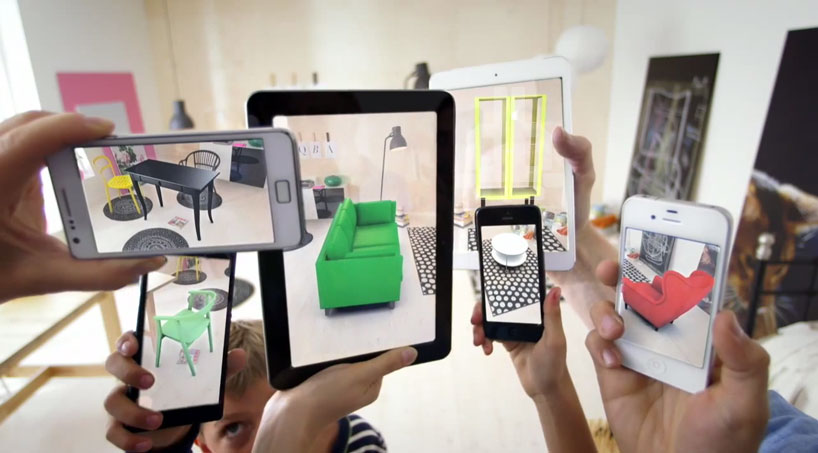Why is XR being increasingly used in various verticals and business operations? The main reason is that it helps eliminate distance barriers, and Accenture’s survey proves this point: 36% of CEOs consider it to be the key factor in adopting XR. As a great number of operations become geographically distributed, extended reality helps address issues that are caused by remoteness.
Is extended reality good for business, or does it just improve user experience? Companies that apply environments powered by the technology do get valuable benefits, such as:
- The provision of an unusual experience : A dive into a completely different reality allows companies to provide their users with the possibility of visiting places of interest or experiment something without leaving the house.
- Efficient information uptake: XR provides its users with a more realistic view of their subject matter, which allows them to be trained in a more effective manner.
- Safe training: Those who need to practice in high-risk conditions, such as military or chemists, can train safely from conventional classrooms.
- Seamless data access: XR removes distance barriers, which is why humans can smoothly access remote data.
Numerous companies from the gaming industry, healthcare, engineering, entertainment industry, real estate, retail and the military sector around the world are already making the most of the technology. What can we do with extended reality? Let’s explore the most successful examples of extended reality use cases:
Entertainment Industry
Video games are the main consumer of extended reality technology as their share accounts for 34%. However, it is not only video games that derive benefits from XR capability to create the comprehensive participation effect and allow users to dive into another reality. Entertainment events, such as concerts, exhibitions and sports events, can also thrive on AR, VR and MR. By what means? Instead of hustling in overcrowded museums or stadiums, people can visit the Louvre museum or watch the World Cup final while sitting at home but feeling completely immersed into the event.
Real Estate
Extended reality solutions can be of great help for real estate agencies. They allow potential customers and tenants to view properties without having to physically be there. It saves time for all of the parties involved and makes the process of choosing less tiring.
Another example of XR application in real estate is architecture and interior design. The technology will provide specialists and their customers with a comprehensive view of the project, which helps avoid mistakes and unexpected surprises.
Manufacturing
Komatsu, a large manufacturer of construction, mining and utility equipment, has also adopted XR for the training of equipment operators. To avoid multi-million losses caused by improper use of costly machines, they provide training for operators distributed across the globe
You get to choose whether to apply XR technology for your business operations or not. Extended reality provides valuable advantages to businesses, and thousands of companies already get the best of it. At the same time, as with any other emerging technology, XR implementation is still a bit risky and requires significant investment.That is why the choice of a reliable service provider is half the battle here, as considerable expertise allows customers to avoid mistakes and minimize risk.

